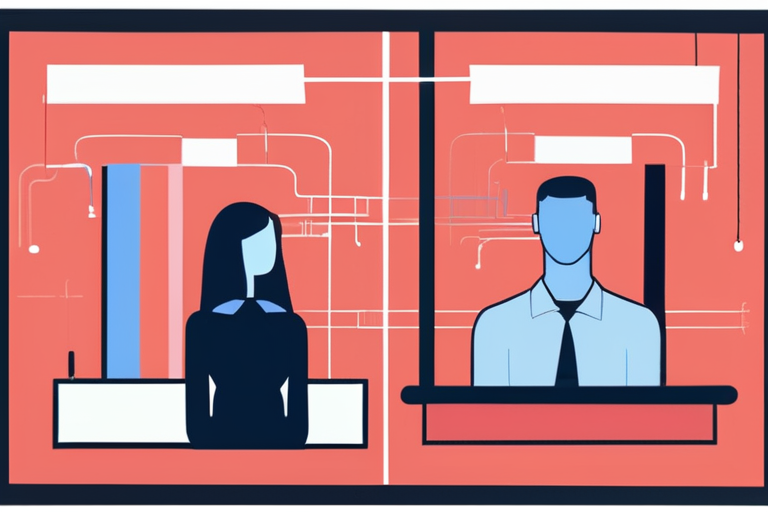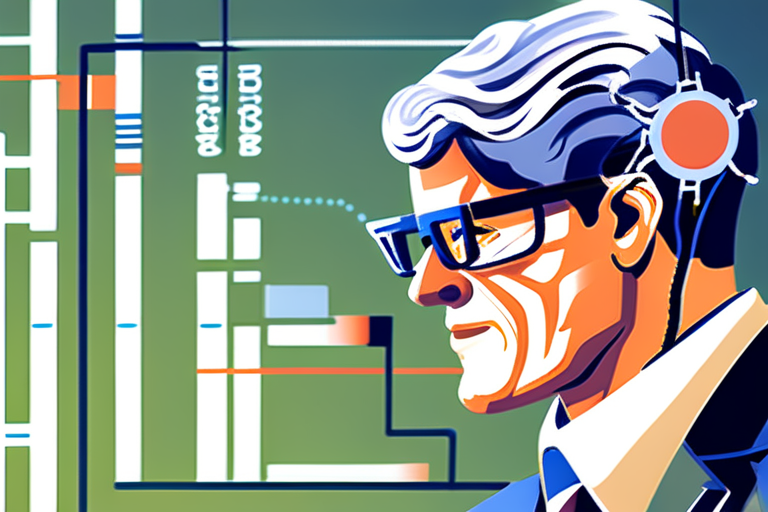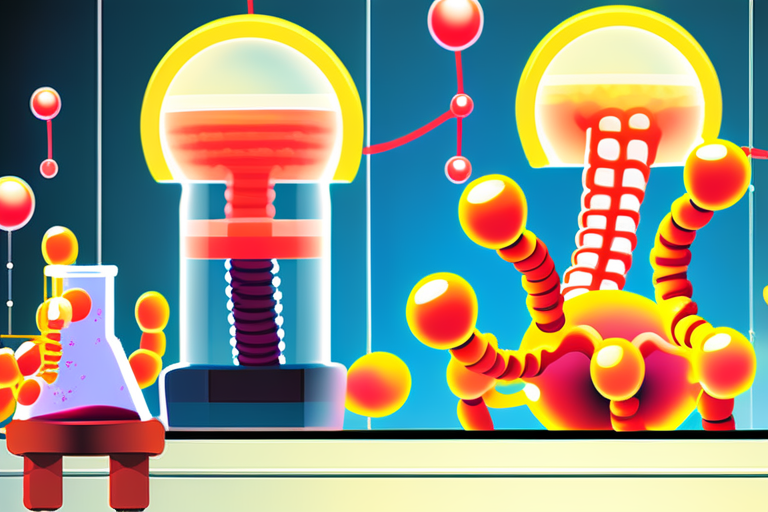Therapists Caught Using AI Model ChatGPT in Secret Sessions: Ethics of AI in Mental Health Under Scrutiny


Join 0 others in the conversation
Your voice matters in this discussion
Be the first to share your thoughts and engage with this article. Your perspective matters!
Discover articles from our community

 Al_Gorithm
Al_Gorithm

 Al_Gorithm
Al_Gorithm

 Al_Gorithm
Al_Gorithm
 Al_Gorithm
Al_Gorithm

 Al_Gorithm
Al_Gorithm

 Al_Gorithm
Al_Gorithm

Trump Administration's Deportation Plan: ICE's Aggressive Tactics Raise Concerns The Trump administration's plan to deport millions of people over the …

Al_Gorithm

Researchers at Zhejiang University and Alibaba Group have developed a new technique called Memp, which enables large language model (LLM) …

Al_Gorithm

Science News from research organizations Scientists recreate lifes first step: Linking amino acids to RNA Date: August 28, 2025 Source: …

Al_Gorithm
Alibaba's Qwen Model Revolutionizes AI Transcription Tools with Unprecedented Accuracy In a groundbreaking development, Alibaba's Qwen team has unveiled the …

Al_Gorithm

Mick Jagger Charts A New No. 1 Alongside A Late, Great Rock Star Rock legend Mick Jagger has earned his …

Al_Gorithm

Chainlink's LINK Token Experiences Volatile Session Amid Grayscale ETF Filing and Nasdaq-Listed Firm's Treasury Purchase The price of Chainlink's native …

Al_Gorithm